Part 1 of our Mother’s Day Series
- Pregnancy brings about a lot of skin and hair changes such as hyperpigmentation, acne, and hair loss. For expectant moms, sifting through the myriad of prenatal care options to address their skincare concerns can feel overwhelming, especially when trying to decipher which ingredients are safe during pregnancy.
"Can I continue using my current products?"
"Should I set them aside until after the baby arrives?"
Asking yourself these questions?
Let’s explore further to better understand how to care for your skin during pregnancy, with the help of Vancouver-based Obstetrician-Gynaecologist, Dr. Jeffrey Wong.
First and Foremost…
“It’s important to remember most skincare ingredients that are deemed “unsafe” during pregnancy are either theoretical or not applicable to the topical formulations. For the majority, studies have not shown serious issues - and inadvertent exposure to ingredients likely would not cause any issues. No need to panic, no need to be hard on yourself. You’re most likely going to be okay.”
- Dr. Jeffrey Wong
Ingredients to Avoid During Pregnancy
Retinoids
Retinoids are a type of vitamin A that speed up cell division (quick turnover of skin cells) and prevent skin collagen from breaking down. The concerns for retinoids are from studies on oral isotretinoin (Accutane), which is proven to cause birth defects. Given the significant concerns associated with isotretinoin, the recommendation is to avoid any types of retinoids, including tropical prescription forms like tretinoin, adapalene, and tazarotene, as well as over-the-counter retinol. While usage is certainly not recommended, inadvertent exposure to topical formulations is unlikely to cause issues(1).
Hydroquinone
Hydroquinone is often used for lightening skin and reducing hyperpigmentation. However, it is highly absorbed into the skin. Of note, some skin care products contain alpha-arbutin that turns into hydroquinone. A great and safer alternative to treat hyperpigmentation would be Vitamin C.
Formaldehyde
Found in nail polish and hair straightening products, formaldehyde is a known carcinogen and can be absorbed through inhalation or skin contact. There is some link to exposure to formaldehyde with infertility and miscarriage2. It’s advisable to avoid products containing formaldehyde during pregnancy.
Ingredients to Use with Caution During Pregnancy
AHA
Alpha hydroxy acids, such as glycolic acid and lactic acid, are helpful for exfoliation and improving skin texture without penetrating too deeply into the skin. AHA is safe to use in concentrations up to 10%.
BHA
Salicylic acid is a beta hydroxy acid known for its ability to treat acne. While low-dose topical salicylic acid is generally considered safe, high-dose products (like peels and even oral medications) should be avoided as they can be absorbed into your bloodstream.
Safe Ingredients During Pregnancy
Fortunately, many ingredients in K-beauty products are safe and beneficial for pregnant women. These ingredients focus on hydration, soothing, and gentle brightening of the skin:
Hyaluronic Acid
Hyaluronic acid is excellent for hydration, helping to keep the skin plump and moist. This ingredient is safe during pregnancy and can help counteract the drying effects of hormonal changes.
Vitamin C
Topical vitamin C is safe to use during pregnancy and can help mitigate some common skin concerns like hyperpigmentation and dullness. It’s also an antioxidant that helps protect the skin from environmental damage.
Glycerin
Glycerin is a gentle and effective moisturiser that attracts water to the skin. It’s safe for use during pregnancy and helps maintain skin hydration, crucial as the skin stretches and changes.
Ceramides
Ceramides are lipids that help form the skin’s barrier and help skin retain moisture. Using ceramide-enriched skincare products can help prevent dryness and irritation during pregnancy.
Sunscreen (Mineral and Chemical)
Sunscreen is crucial for everyone, including children and pregnant women. The best sunscreen is the sunscreen that you will use on a daily basis. Mineral sunscreens (containing zinc oxide or titanium dioxide) have limited absorption and can be more suitable for people with sensitive skin (pregnant women and babies). However, modern formulations of chemical sunscreens are also considered safe and effective.
Zinc oxide is a mineral-based sunscreen ingredient that sits on the skin’s surface to physically block UV rays. It’s considered safe during pregnancy and is essential for protecting sensitive pregnancy skin from sun damage.
Conclusion
Navigating beauty and skincare during pregnancy doesn’t have to be a daunting task. By delving into the details and effects of various ingredients, you can enhance your understanding and care for your skin with confidence. With this knowledge, you'll be able to keep your skin healthy and radiant throughout your pregnancy, without any stress!
This Mother's Day, celebrate yourself with the gift of safe, effective skincare that protects and nourishes both you and your baby. Whether you’re pampering yourself or looking for the perfect gift for a mom-to-be, remember that the best products are those that ensure safety and radiance from within.
* While we have consulted an Obstetrician-Gynecologist when writing this article, this does not replace medical advice from your healthcare professional.
Citations
1 Reducing Prenatal Exposure to Toxic Environmental Agents. (2021, July). Www.acog.org. https://www.acog.org/clinical/clinical-guidance/committee-opinion/articles/2021/07/reducing-prenatal-exposure-to-toxic-environmental-agents
2 Williams, A. L., Pace, N. D., & DeSesso, J. M. (2020). Teratogen update: Topical use and third‐generation retinoids. Birth Defects Research, 112(15), 1105–1114. https://doi.org/10.1002/bdr2.1745





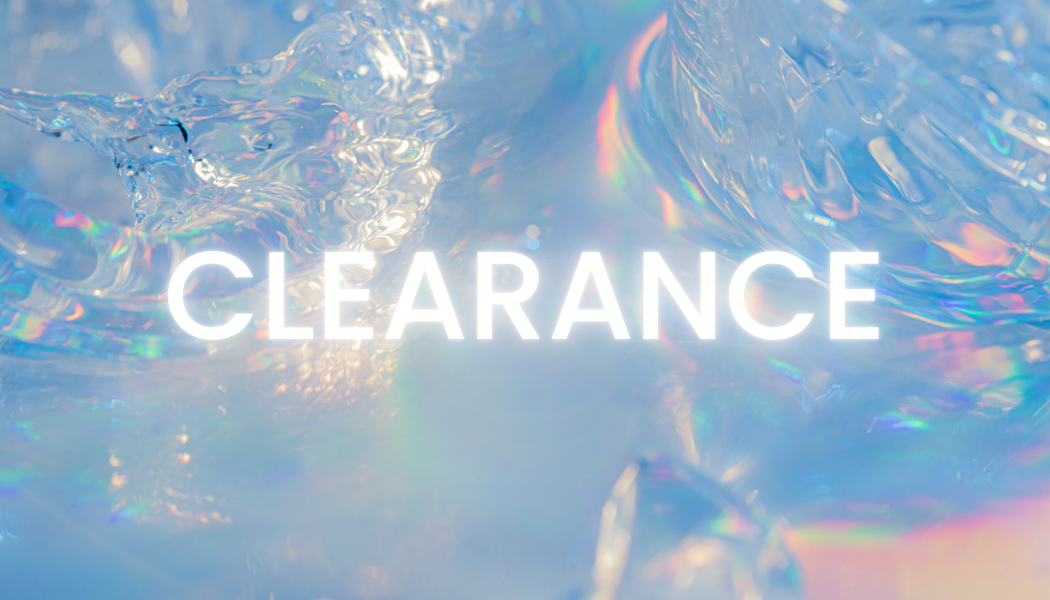
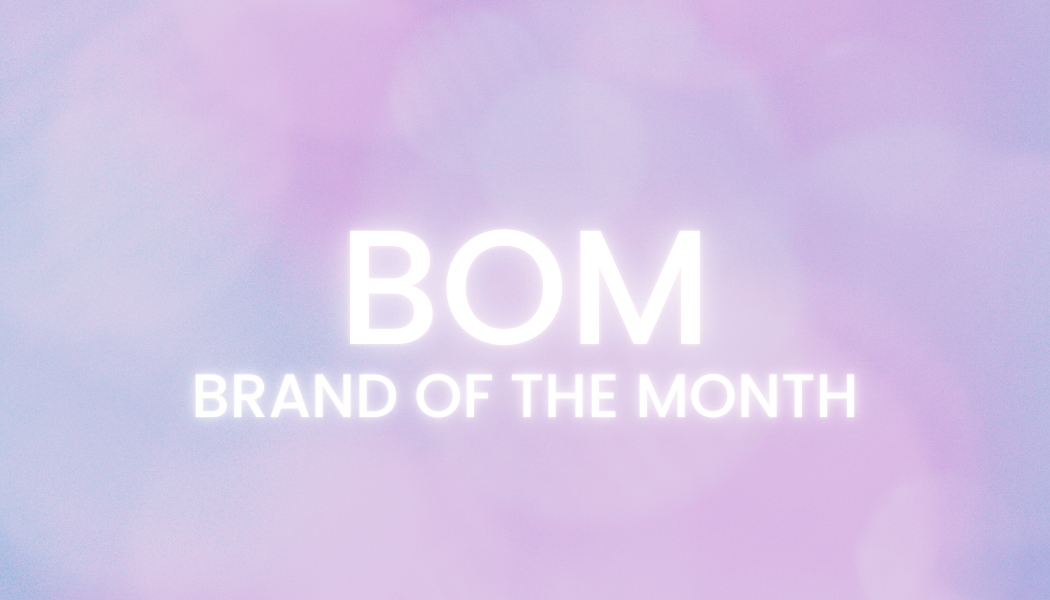
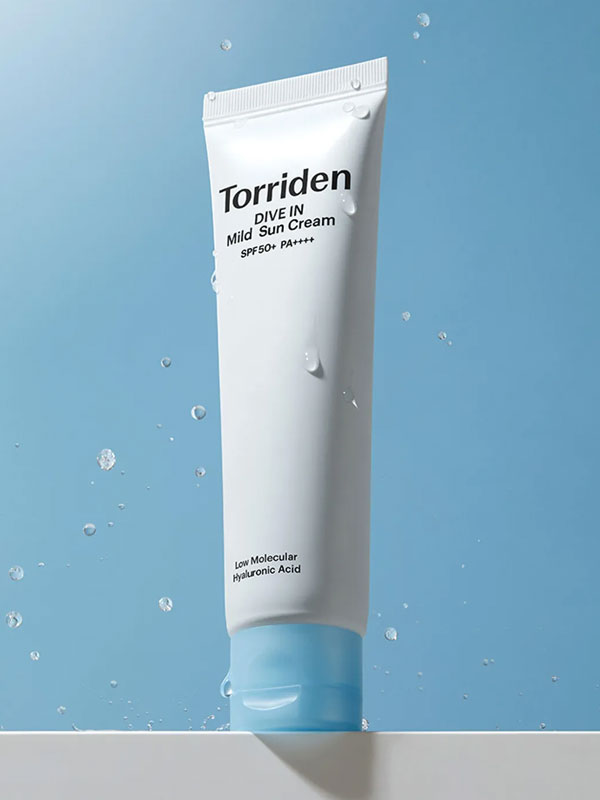
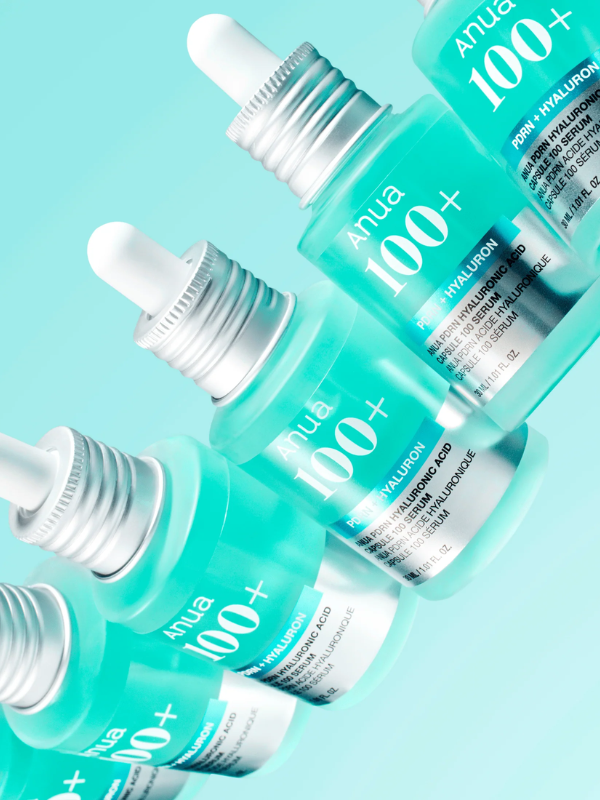
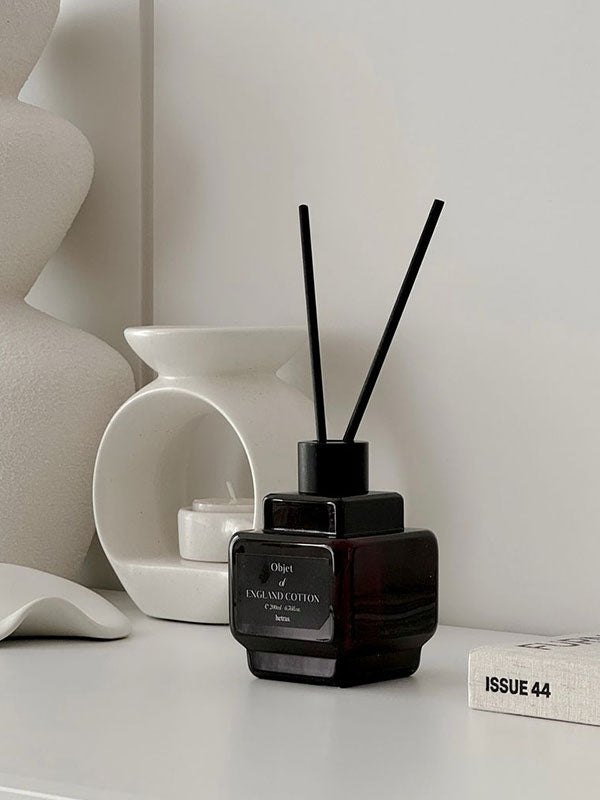
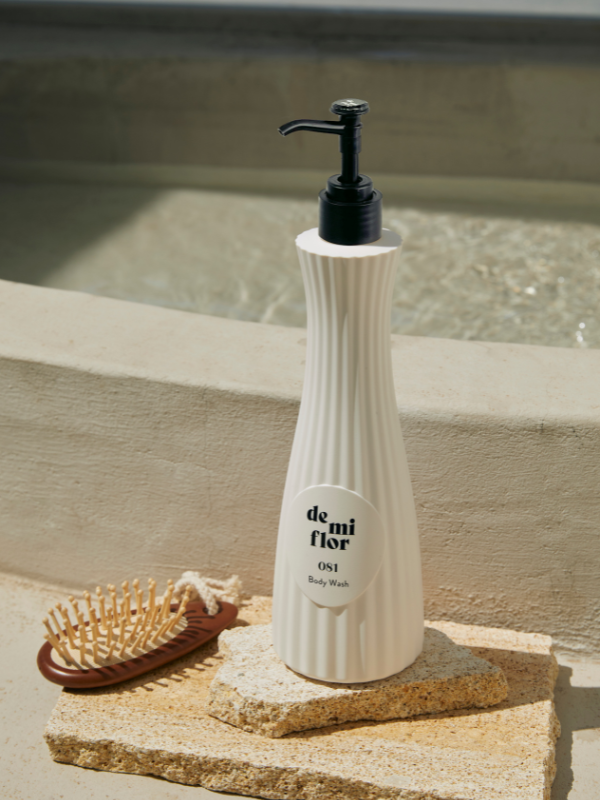
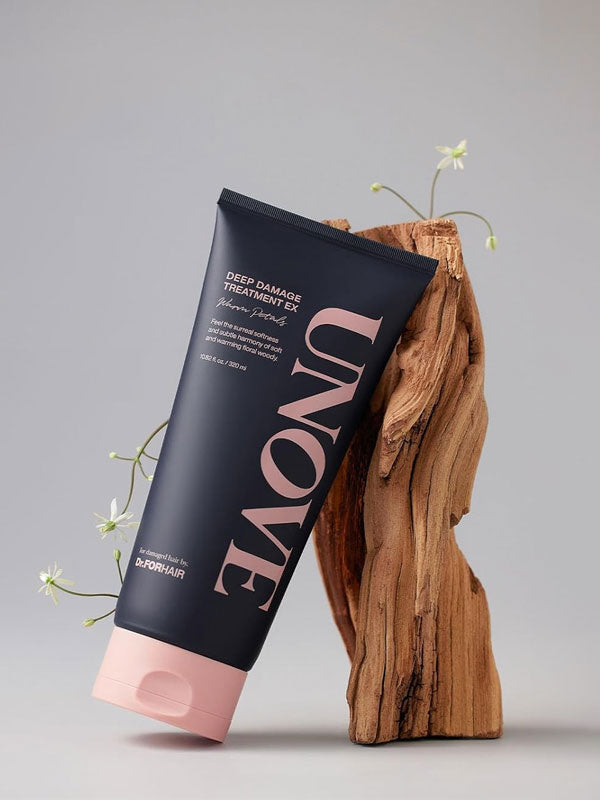

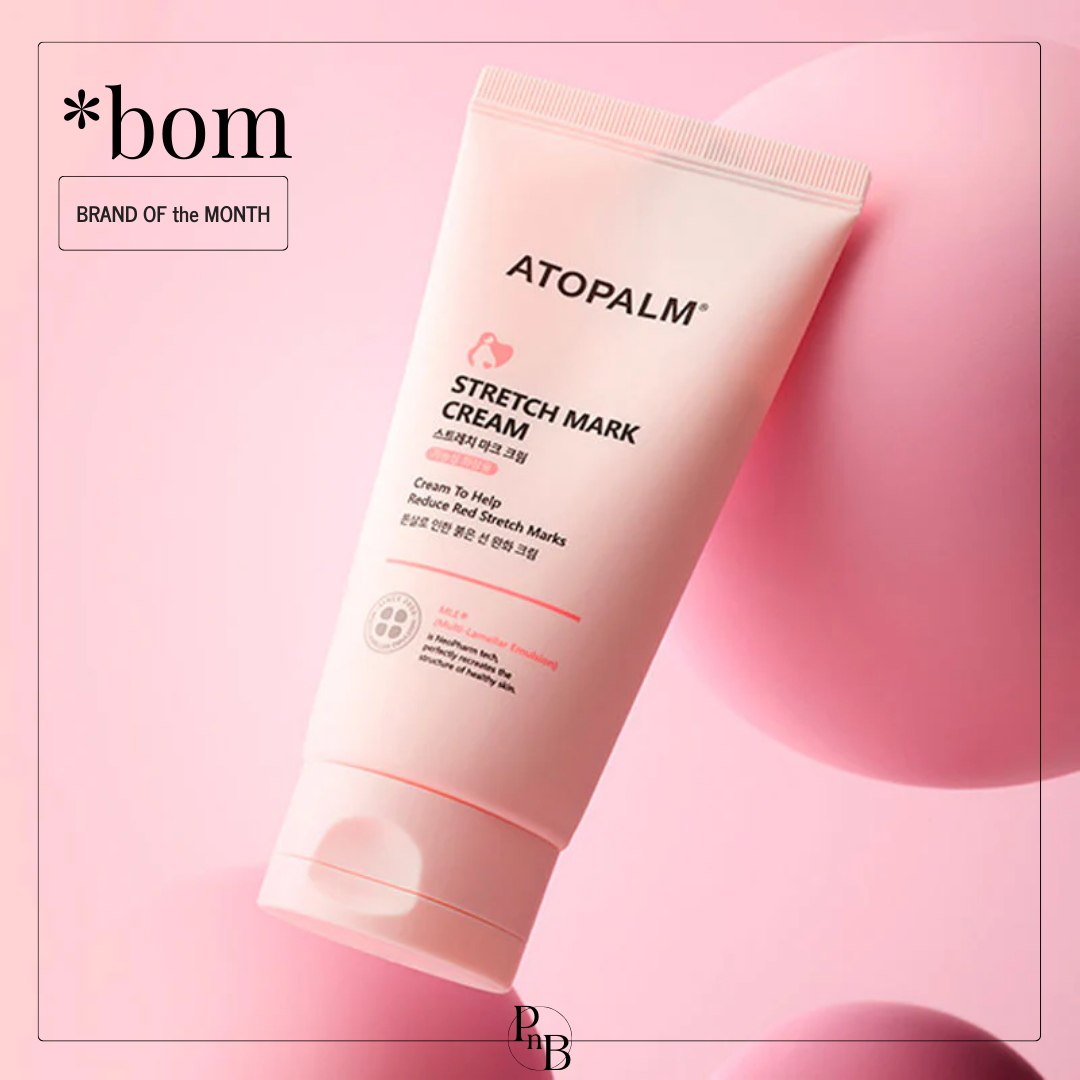

Leave a comment
This site is protected by hCaptcha and the hCaptcha Privacy Policy and Terms of Service apply.